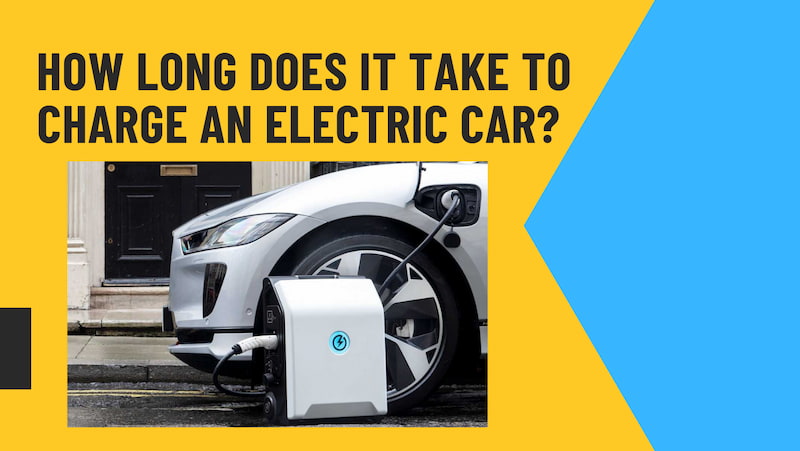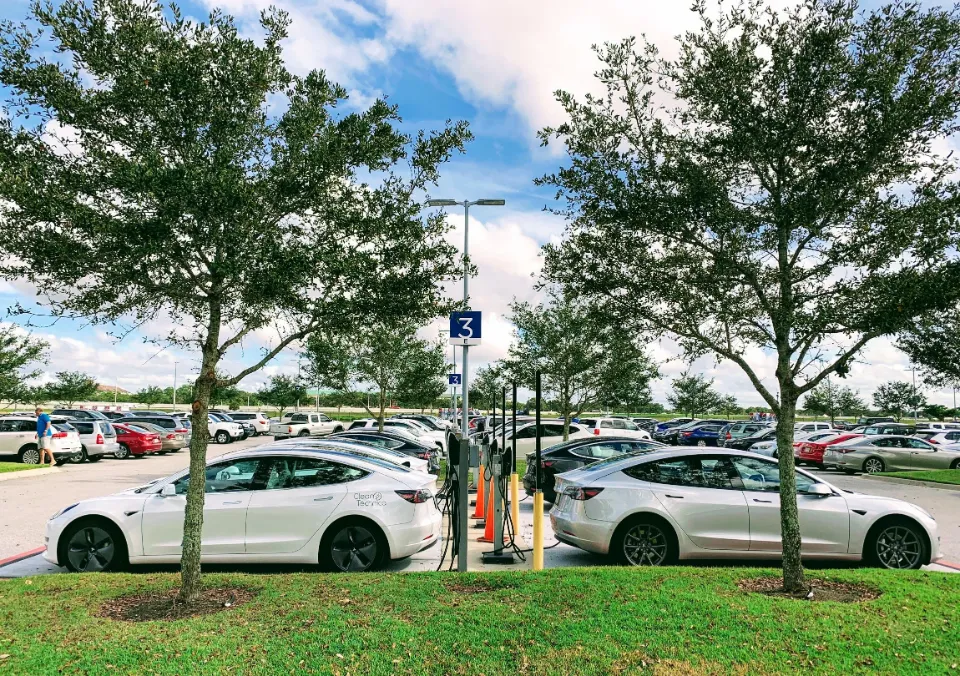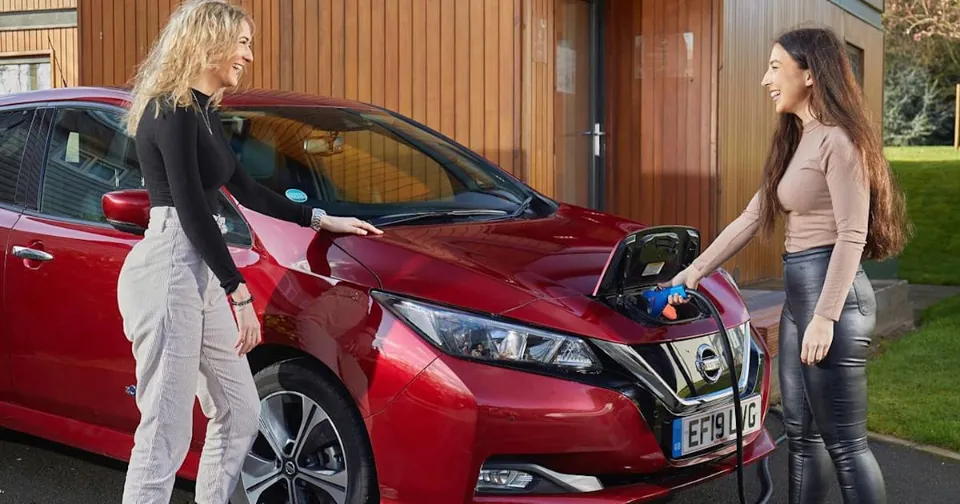There isn’t a straightforward solution, but being aware of the factors will enable you to more accurately predict how long it will take for an EV to fill up. So, how long does it take to charge an electric car?
An electric vehicle can be charged in as little as 30 minutes or as long as 12 hours. Ignoring the smaller variables, the power source, charger capacity, and battery size are the main determinants of a vehicle’s charging time.
Less important are ambient conditions, though hot and cold extremes increase charge time.
How Long Does It Take to Charge An Electric Car?
The amount of time it takes to charge an electric vehicle depends on every piece of charging equipment. The length of time it takes to top up an EV depends in part on the charging station and its power output, the vehicle’s charging capacity, the size of the battery, the current charge level, and other factors. With smart EV charging the equation is compounded, as smart charging enables customizing when and for how long the vehicle charges. Dive deeper into the different factors that affect charge-time below:
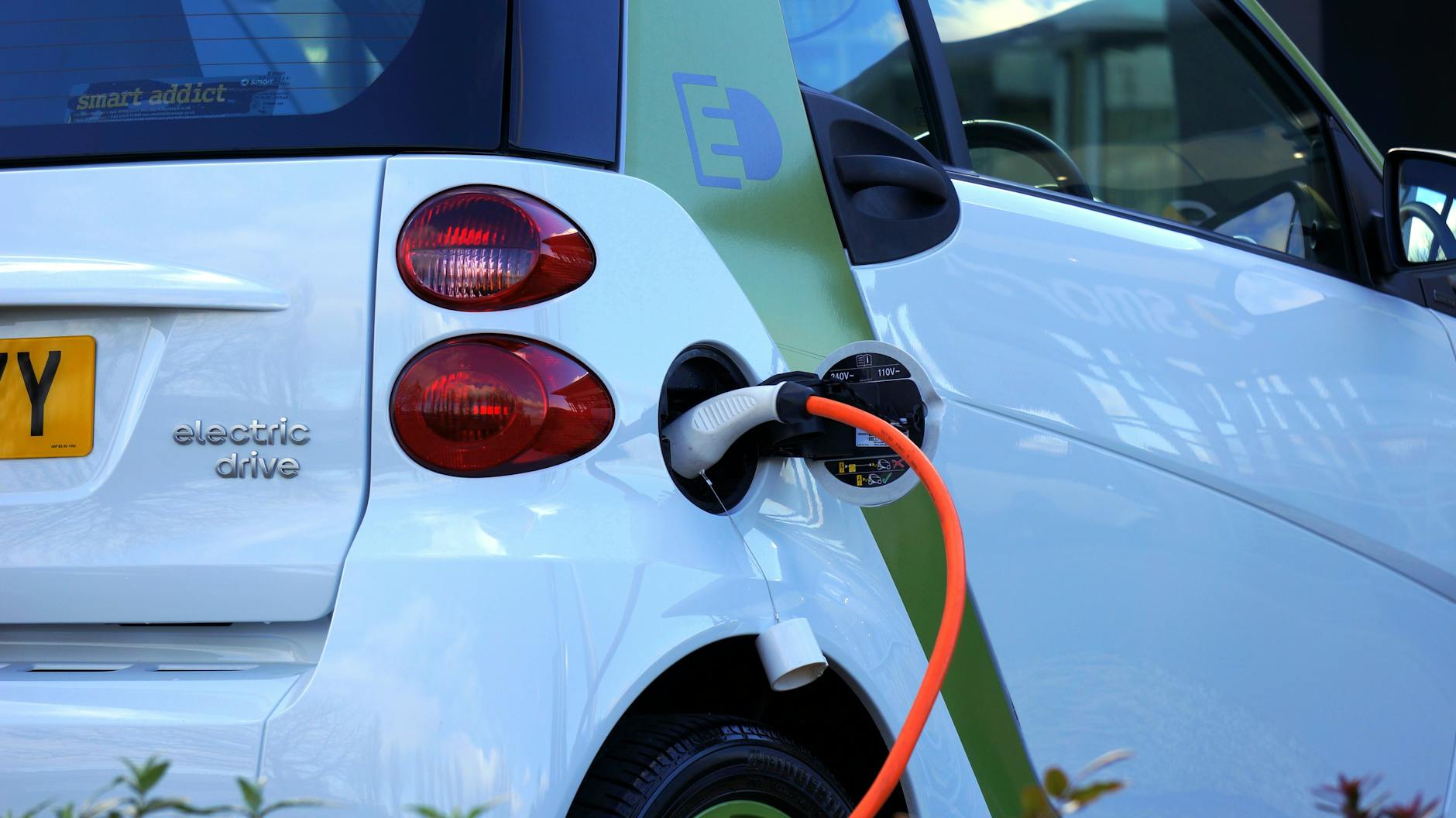
Charging Station
An EV’s battery could be significantly charged in days or just a few short minutes, depending on the power source. EV charging stations are typically categorized as either level 2 or level 3; however, even an outlet at home will charge your EV, albeit rather slowly. A typical EV will take about 40 hours to charge completely using a home outlet (also referred to as a level 1 charger).
Level 2 chargers significantly reduce charging times; the majority can deliver 15 to 25 miles of range per hour, allowing most EVs to be charged overnight or during a typical workday. These are a fantastic option to have at home or at work.
Level 3 is where speed is really ramped up, and there is a wide range of power output for level 3 chargers. These chargers utilize direct current (DC) power and cost a lot more money than other charging stations, so they are typically implemented in public charging infrastructure. Some level 3 chargers can recharge a dead battery in as little as 30 minutes. The future looks promising for extremely fast charging times because many are already built to output much more power than current EV batteries can take in.
EV Battery Capacity
EV batteries come in a variety of types. In fact, there is quite a disparity between the potential mile-ranges for different electric cars. For the majority of drivers, certain more affordable EVs have adequate range, while other more expensive models have ranges that are comparable to or even better than many conventional gas-powered cars. There is one restriction: Charging times increase with battery size. The good news is that as battery capacity grows, there will be a greater need for solutions that enable faster charging. This brings up another element that affects charge time: charger capacity.
EV Charger Capacity
While the charging station delivers power to the EV, it is actually a charger attached to the EV battery itself that converts power to the battery. It would take a long time to charge a large battery equipped with a small battery charger (both measured in kWh), regardless of the power source at the charging station. Due to their large batteries, luxury EVs frequently come equipped with onboard battery chargers that can efficiently take in and process power from a power source.
Other Factors
The length of time it takes to charge an electric car also depends on factors like temperature, time of day, and desired charge capacity. The charge time can be slowed by extremely low (or extremely high) temperatures. It may also take longer to top up depending on the time of day due to increased traffic and the resulting strain on power grids. Finally, many EV manufacturers recommend keeping your battery in an optimal battery range to maximize life. This implies that charging to capacity is not always desirable and frequently not required. If a specific range is not required, this could help reduce charge time.
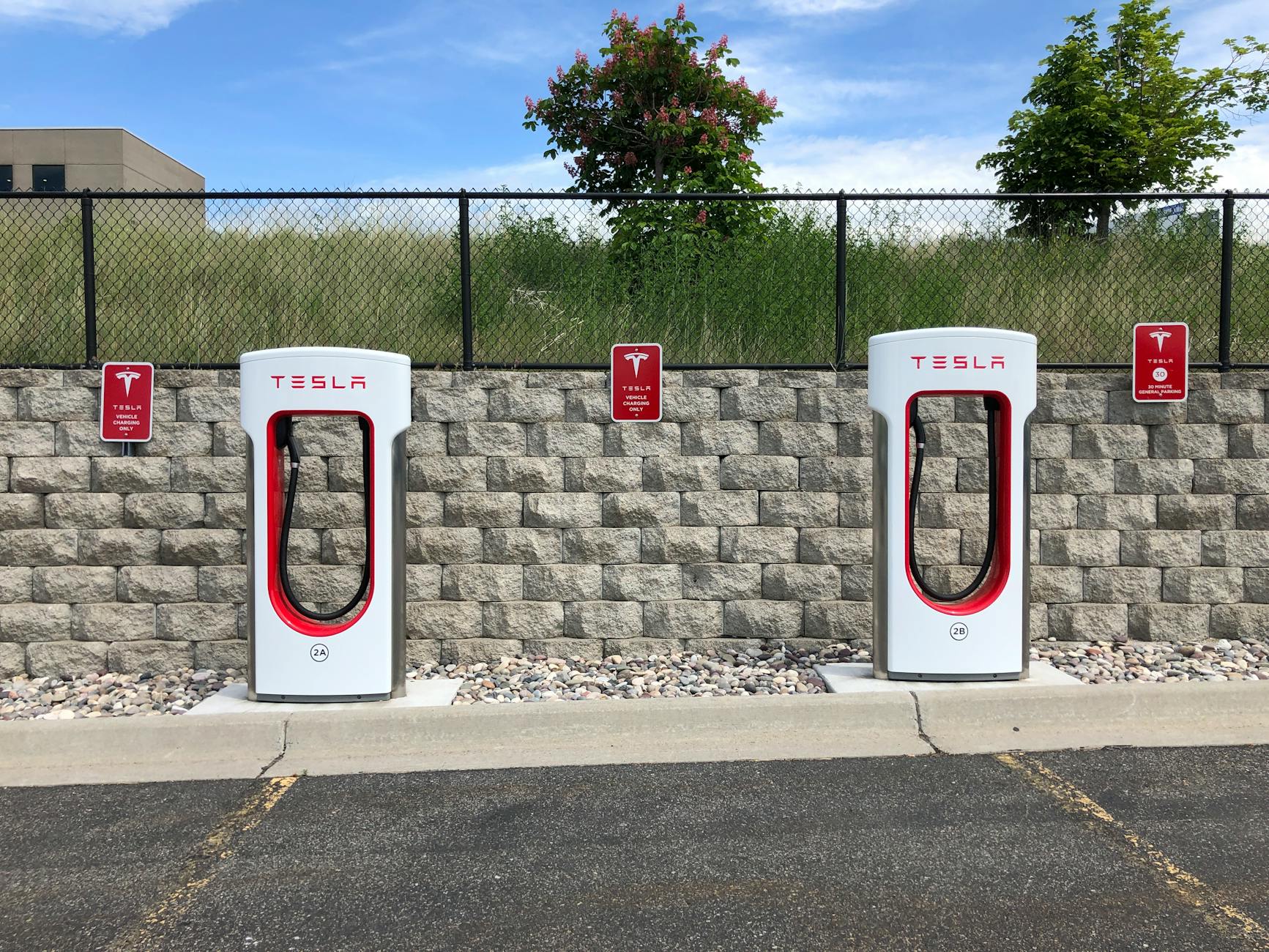
How Much Range Does a Fast-Charger Add in a Half-Hour?
Generally speaking, a DC fast charger’s charging rate slows down significantly when an EV battery’s SoC is below 10% or above 80%; this maximizes battery life and reduces the risk of overcharging. This is why, for example, manufacturers often claim that fast-charging will get your EV’s battery to “80 percent charge in 30 minutes.” While traveling to a DC fast charger, some vehicles have a battery preconditioning process that makes sure the battery is at the right temperature for quick charging. So long as you use the navigation system in your car to get there, that is.
Maximum Charging and Driving Range
The final 20% of your charge could double the amount of time you need to be connected to the fast charger. The best days to use these units are when you are traveling a long distance and require more electricity to reach your destination. This is because it takes time to fully charge the battery using a DC charger. A better option for obtaining the power you’ll need for daily, local driving is to charge at home over night. This process is referred to as top-up charging.
Battery Size
Some EVs’ batteries have grown to absurd sizes as the race for maximum range continues. Others aim for greater effectiveness. This has a significant impact on how much time is charged. Increase the size of our barrel to an 85-gallon container. It will still take longer to fill than the smaller 55-gallon barrel, even with a fire hose. While a GMC Hummer EV is built on an architecture capable of 350-kW intake, filling its 212.7-kWh battery compared to the 112.0-kWh pack found in a Lucid Air Even though the charging rate is similar, grand touring takes a significantly longer amount of time. Despite having 100 kWh less battery capacity than the Hummer, the Lucid can go over 40% further on a single charge. Efficiency, indeed.
Manufacturers will undoubtedly decide on a single metric for expressing charge times at some point. But for now, be aware that, no matter how or where you do it, charging an EV’s battery still takes a lot longer than filling up a gas-powered car.
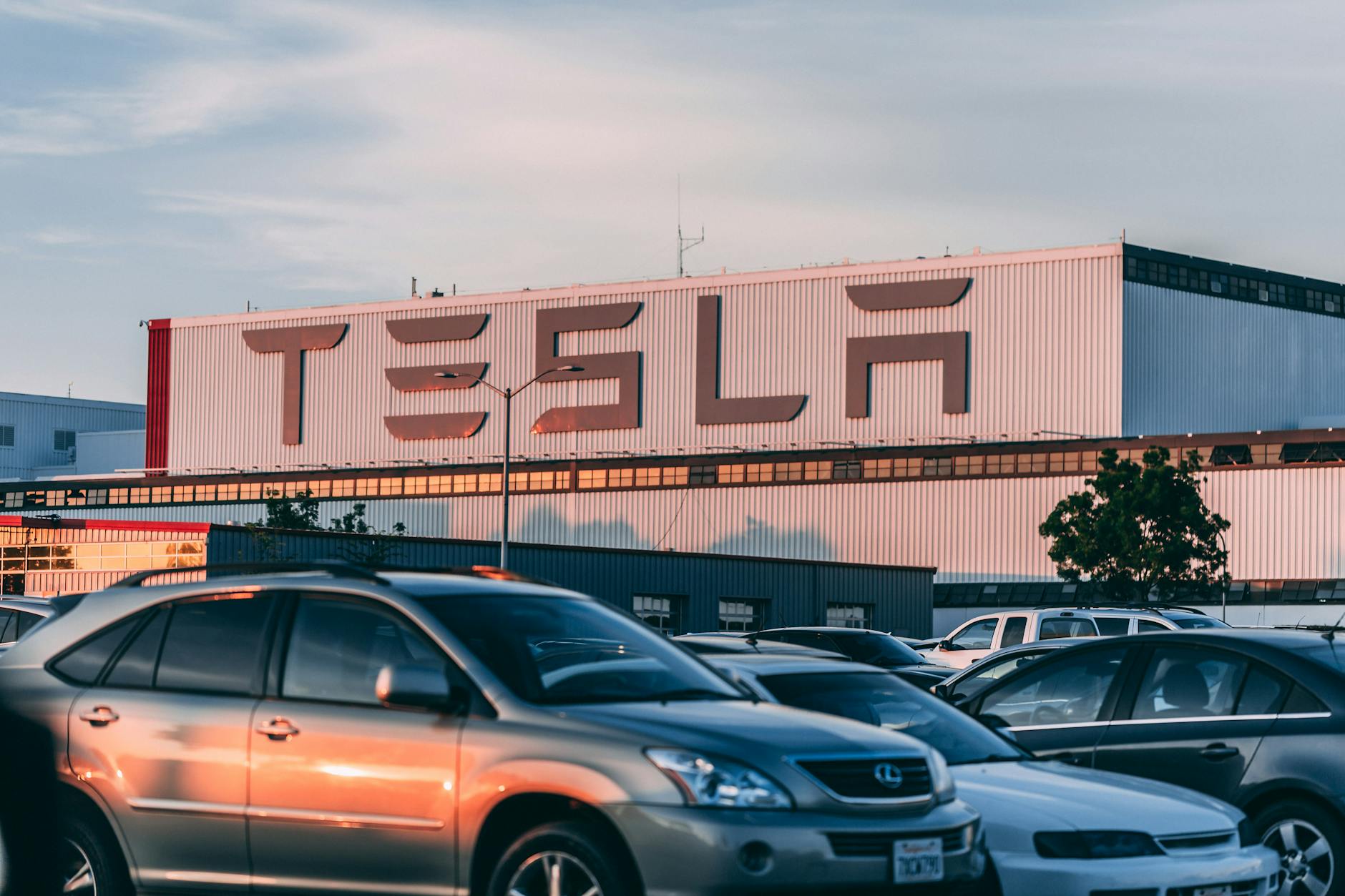
What is Top Up Charging?
Most electric car drivers plug-in to charge whenever they park, be it at home overnight or during the day at the supermarket, gym or their workplace. Top up charging is what we refer to as.
- Drivers use the time their car is parked (which is roughly 95% of the time) to keep the battery charged rather than letting the battery run completely flat and waiting for it to fully recharge.
- The typical output range of public and workplace charging points is 7kW to 22kW, making them perfect for top-up charging. Find out how to access public chargingin our guide.
- Combining daytime top-up charging with overnight charging at homeis an effective way to keep your electric car charged and ready to go.
Summary: How Long Does It Take to Charge An Electric Car?
An electric car can be charged in as little as 30 minutes or as long as 12 hours. This is dependent on the battery size and charging point speed.
- A typical electric car (60kWh battery) takes just under 8 hours to charge from empty to full with a 7kW charging point.
- Instead of waiting for their battery to fully recharge from empty to full, the majority of drivers top off the charge.
- For many electric cars, you can add up to 100 miles of range in ~35 minutes with a 50kW rapid charger.
- The length of time needed to charge a car from empty to full depends on the size of the battery and the speed of the charging point.

